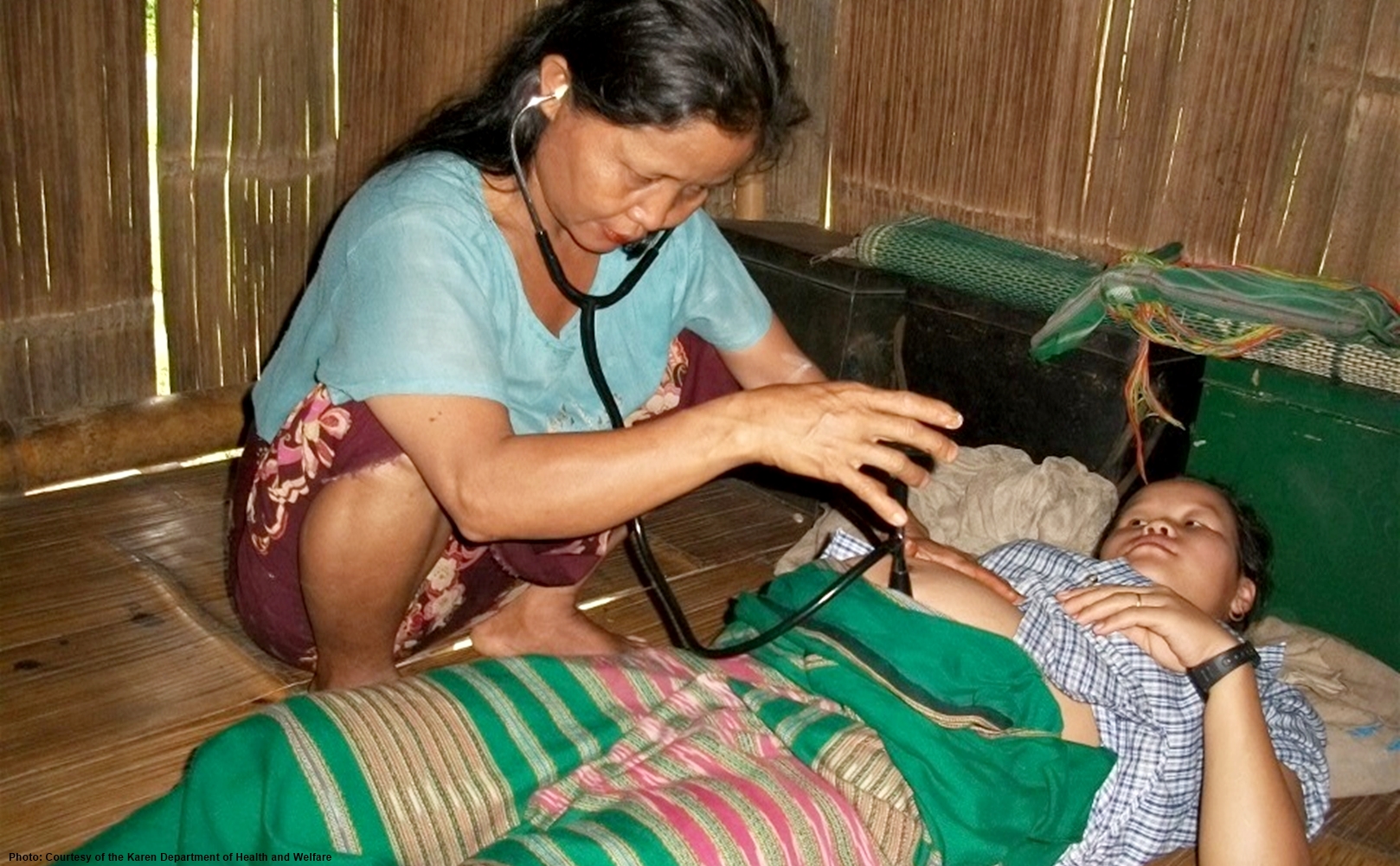The 8 November elections were a major waypoint in Myanmar’s transition from authoritarian rule. The victorious National League for Democracy (NLD) needs to identify key appointees wisely to prepare for taking power in March 2016. There are high expectations that NLD will deliver the needed political and economic changes. Success will depend on the cooperation between a new capable president and the armed forces. NLD’s limited experience of government, a shallow pool of skilled technocrats and the difficulty of reforming key institutions all constrain how much can be delivered quickly. Other hurdles include serious armed clashes in Shan and Kachin states, macro-economic turbulence, and grievances of the disenfranchised Muslim Rohingya.
Health disparities in Myanmar can demonstrate the hugeness of problems. Since 2011, the Ministry of Health has started to rehabilitate the fragile health system, but it is most difficult to allocate limited health-care resources equitably and effectively.
Myanmar’s life expectancy at birth of 66.8 years and infant mortality of 41.1 per 1000 live births are among the worst in southeast Asia. Persistent inequalities exist in health outcomes in Myanmar’s seven states and seven regions. Residents of mountainous peripheral states suffer from remoteness, civil conflicts, and low socioeconomic development. For example, infant mortality is 94.2 per 1000 births and under-five mortality is 149.1 per 1000 births near the eastern border, where malaria and tuberculosis prevalence are also high. The gap in life expectancy at birth between the areas with the highest and lowest values within Myanmar is more than 11 years, almost as large as that between Myanmar and the USA.
Such disparities are not surprising when reliance on out-of-pocket financing is among the highest globally (81% of Myanmar’s total health expenditure), because of no reliable health insurance system and the tight fiscal space for health. As an important step towards universal health coverage, the government increased health-care expenditures by 8.7 times from 2011 to 2015. However, resource allocation does not seem to be closely aligned with the goal of reducing health disparities. Conventional budget allocation gives disproportionately more resources to several regions with better health, and fewer resources to several states with high health needs. In this context, Myanmar’s physicians are protesting militarization of the Ministry of Health, and advocating for the development of a workable health policy to distribute resources equitably.
Myanmar needs a new democratic and capable government to craft policies that prioritise the needs of the most vulnerable people, build trust, and support peace and reconciliation.
Meditation on Scriptures
“Lift up your heads, you gates;
be lifted up, you ancient doors,
that the King of glory may come in.
Who is this King of glory?
The Lord strong and mighty,
the Lord mighty in battle.”
(Ps. 24:7, 8)
Lifting up of poor and oppressed people depends so much on the coming and action of the King from heaven.
Pray that
- A new president with the credibility and stature required for the top job in the government will be fairly and wisely chosen.
- The powerful head of the army will cooperate with the new president to facilitate the approval of necessary changes to the constitution, for the good of the nation.





